Modi Responds to Trump: What It Really Means for India–US Relations
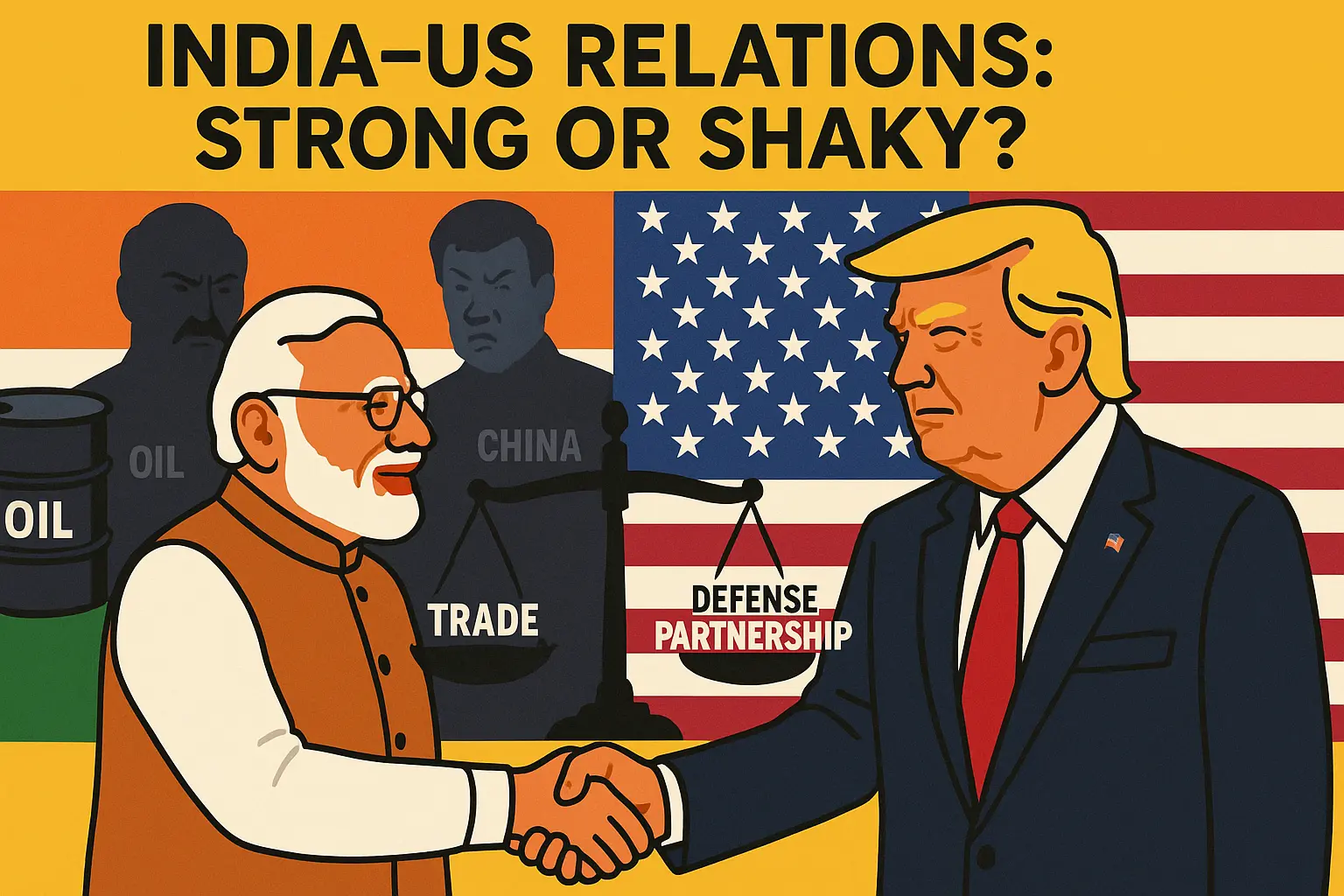
When Donald Trump tweeted that the USA has "Looks like we've lost India and Russia to deepest, darkest, China. May they have a long and prosperous future together!” it raised eyebrows worldwide. Soon after, he clarified that PM Modi is a “great leader” and that India remains a “special relationship.” In response, PM Modi tweeted reassurance, stressing that India–USA ties remain strong. But what does this exchange really mean for our strategic partnership with the United States? Let’s break it down.
Trump’s Statement: Praise with Pressure
Trump’s reply to reporters had two clear points:
- He respects PM Modi and calls India a “special relationship.”
- He dislikes India’s current moves, especially its decision to buy oil from Russia.
This is not unusual. American diplomacy often follows a pattern: first praising India, then adding pressure on trade or foreign policy choices.
Modi’s Response: Diplomatic and Steady
PM Modi’s reply was short but significant:
“Deeply appreciate and fully reciprocate President Trump's sentiments and positive assessment of our ties. India and the US have a very positive and forward-looking Comprehensive and Global Strategic Partnership.”
This shows two things:
- India is not escalating tensions.
- India is protecting the long-term relationship despite short-term disagreements.
What is the Comprehensive Global Strategic Partnership?
India has different levels of partnerships with major powers:
- Russia: Special and Privileged Strategic Partnership (since 2000).
- Australia: Comprehensive Strategic Partnership.
- USA: Comprehensive Global Strategic Partnership (reaffirmed in 2024).
With the US, this includes:
- Defence cooperation (joint exercises, arms purchases, co-production of missiles and drones).
- Strategic dialogues on Indo-Pacific security.
- Technology and investment collaborations.
Even if trade disputes persist, the larger partnership remains firm.
Why Modi is Playing it Patient
Some experts argue India should push back harder — for example, by delaying defence deals or putting foundational agreements like LEMOA, COMCASA, and BECA under review.
But Modi has chosen a measured approach. Here’s why:
- Trump’s presidency could last only a few years. India’s long-term interests cannot depend on its unpredictable style.
- Decades of defence and strategic cooperation should not be risked for temporary disputes.
- Avoiding escalation also reassures American companies in India, from Colgate and Pepsi to McDonald’s, which were nervous about boycotts after Trump’s comments.
The Trade Tensions Will Continue
Even though defence and strategic ties remain stable, trade remains contentious:
- The US has imposed high tariffs on Indian goods.
- India has cut GST slabs, signalling readiness for economic challenges.
- Washington wants India to reduce oil imports from Russia, but India is unlikely to bow to pressure.
So while military cooperation will continue, trade disputes and tariffs may stay alive.
Backchannel Diplomacy in Play
India’s decision not to escalate — and to let External Affairs Minister Dr. S. Jaishankar represent India at the UN instead of PM Modi — shows careful diplomacy. This avoids confrontation while signalling that India won’t compromise on sovereignty.
Behind the scenes, it’s clear that both sides are working to keep the larger partnership intact, even if public statements sound harsh.
Conclusion
India–US relations are at a delicate stage. Trump’s comments highlight frustrations, but Modi’s calm response shows maturity and long-term vision. For now, the Comprehensive Global Strategic Partnership remains stable, especially in defence and security. Trade will remain a battlefield, but India is signalling it won’t bend easily.
As global citizens, we should watch how India manages to balance ties with the US, Russia, and others — without compromising its strategic independence.
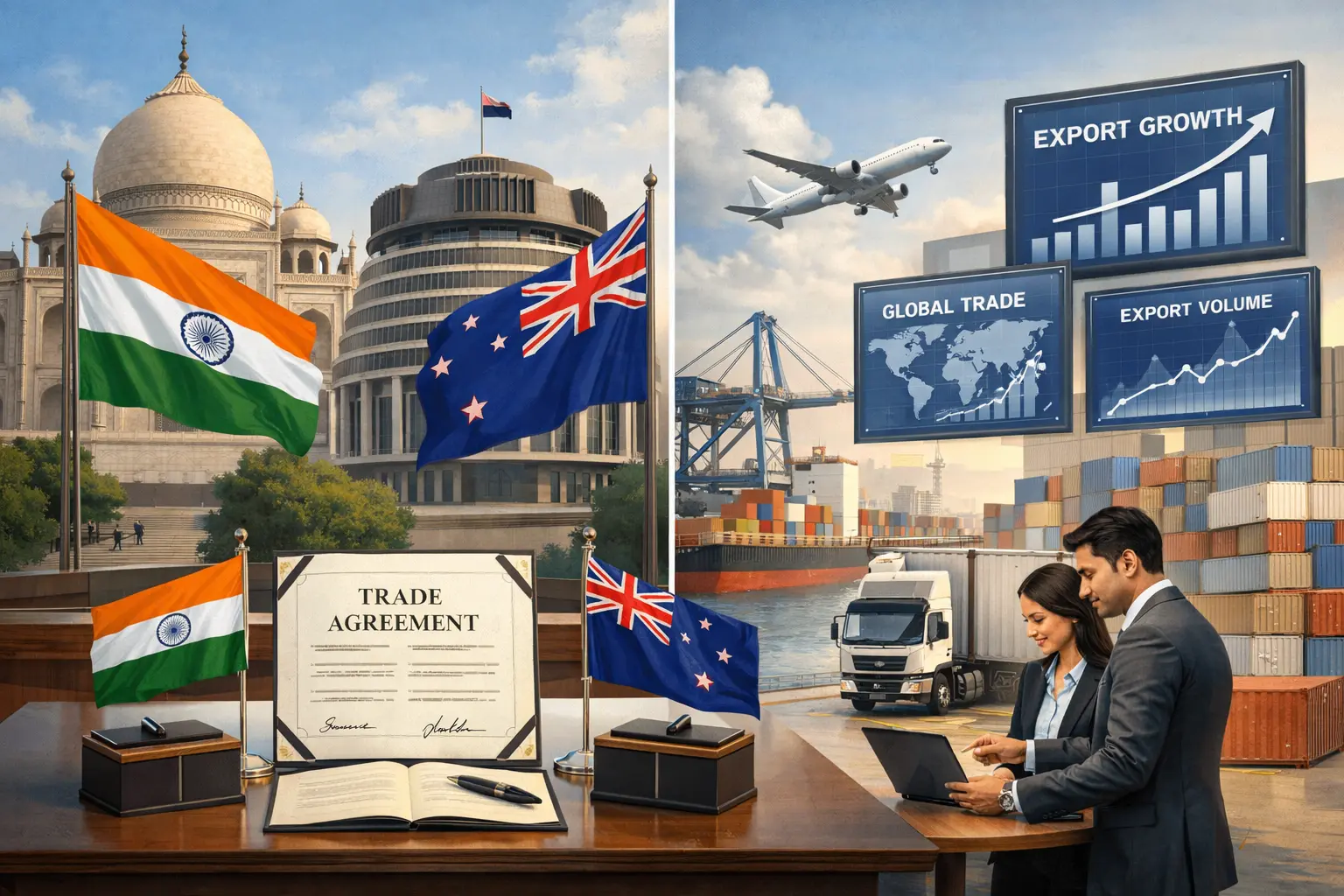
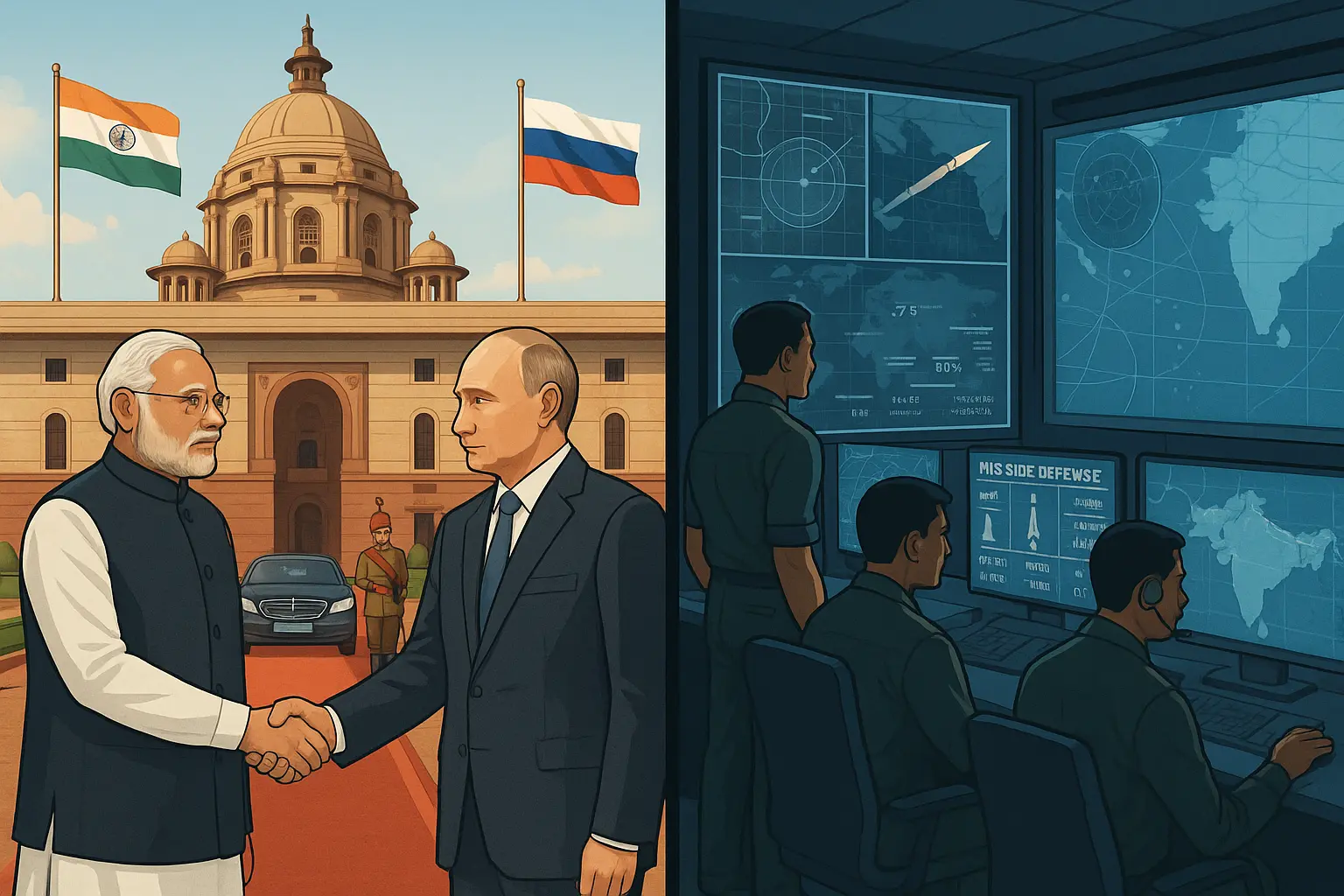
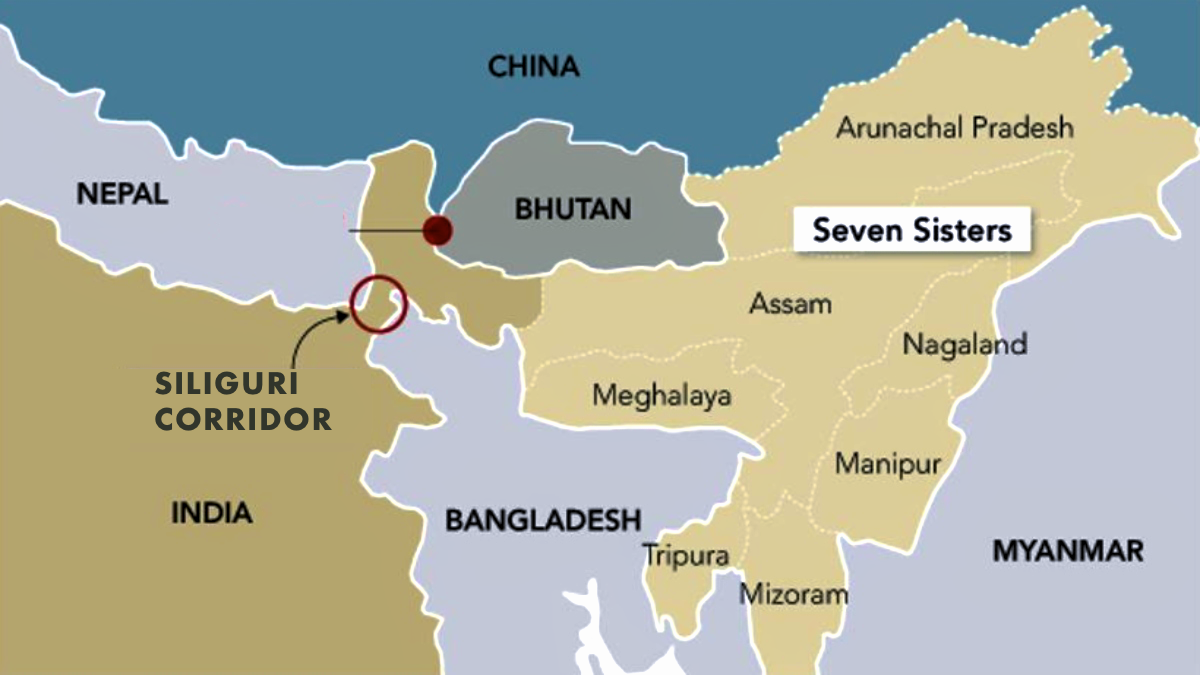
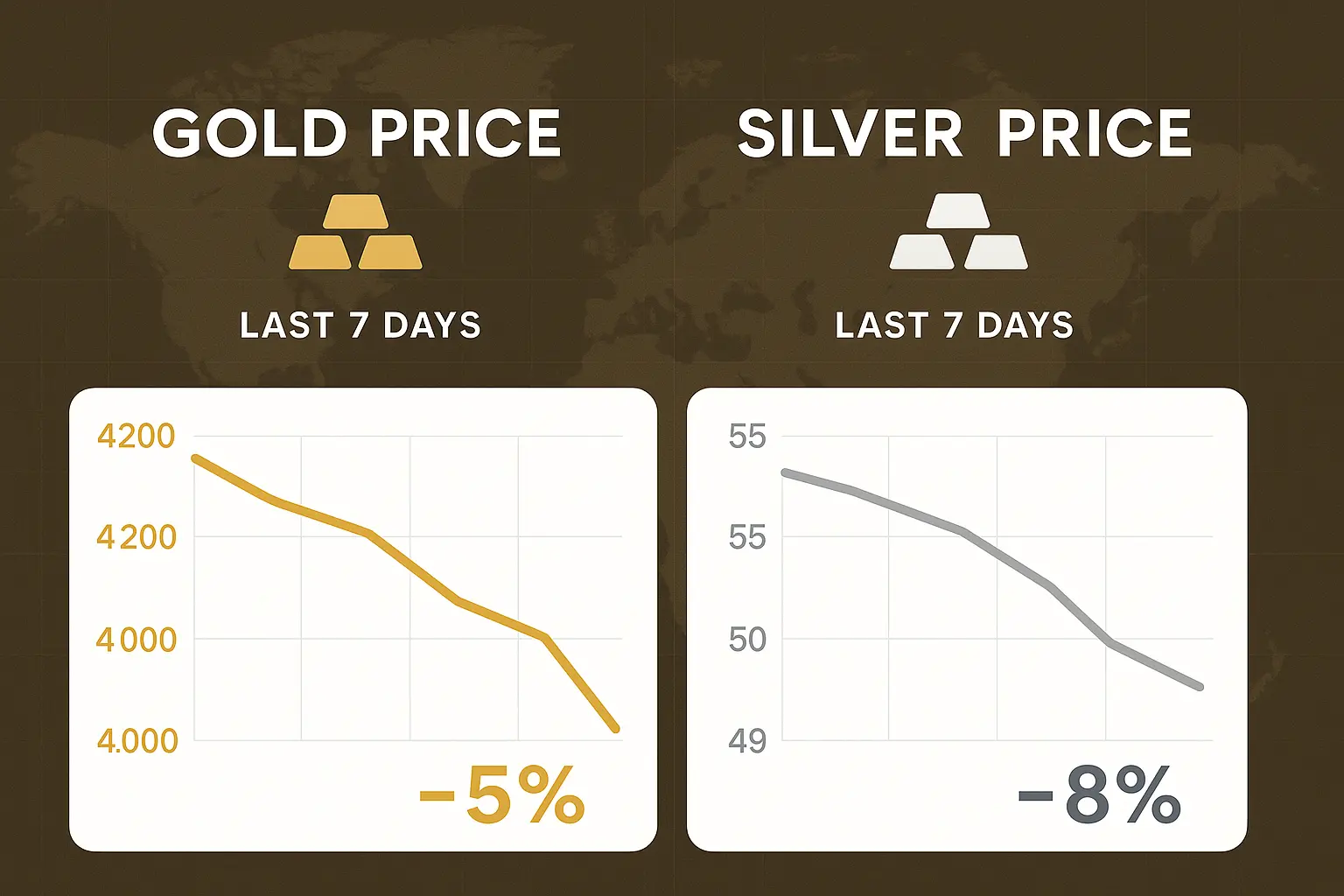

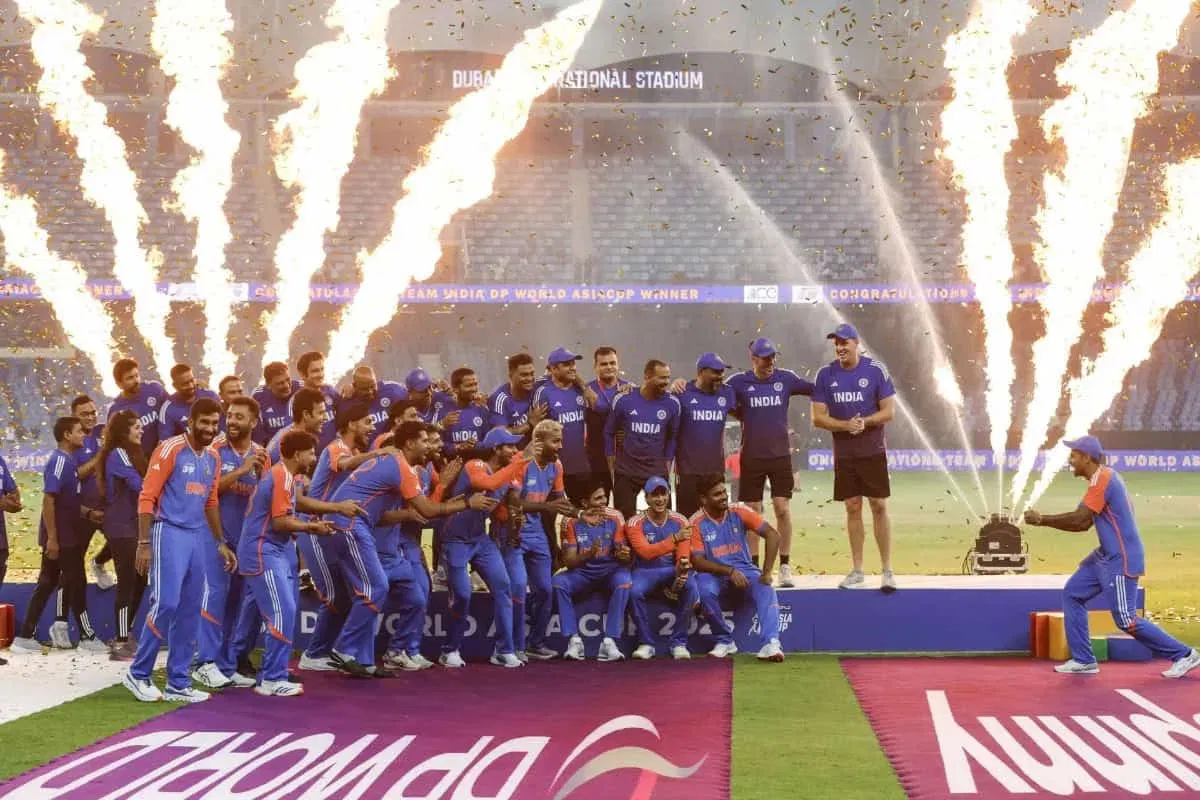
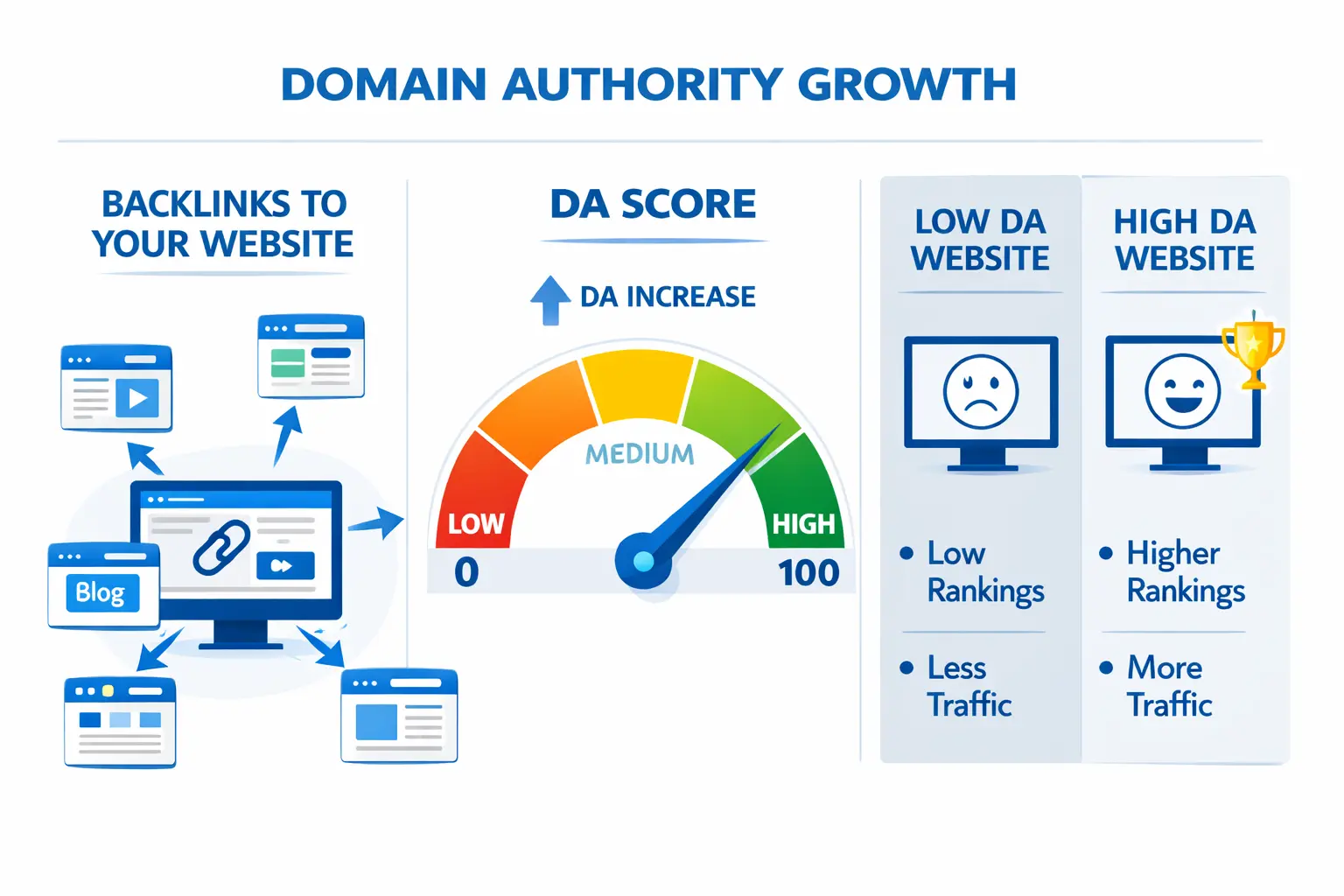


No comments yet. Be the first to comment!